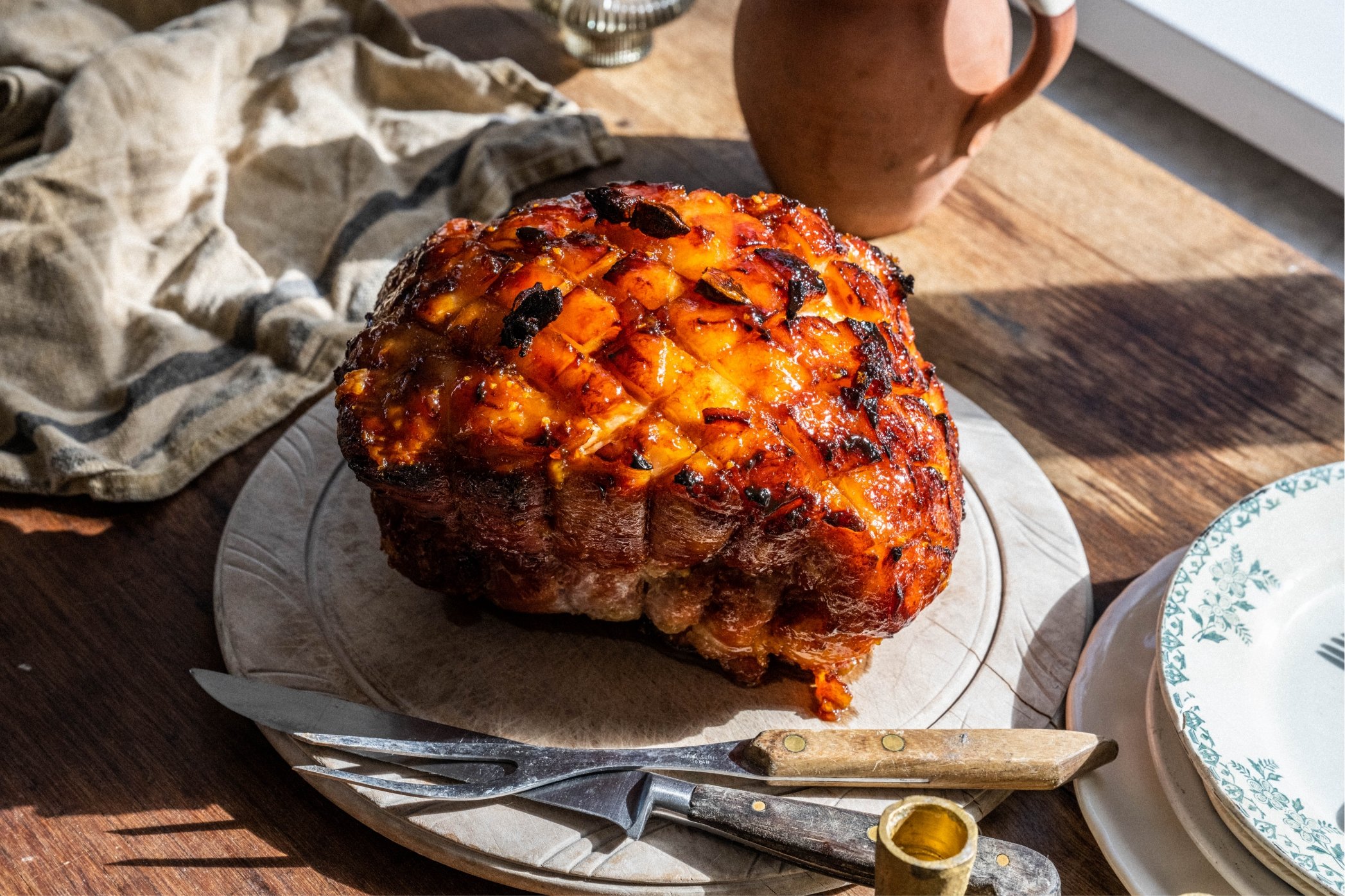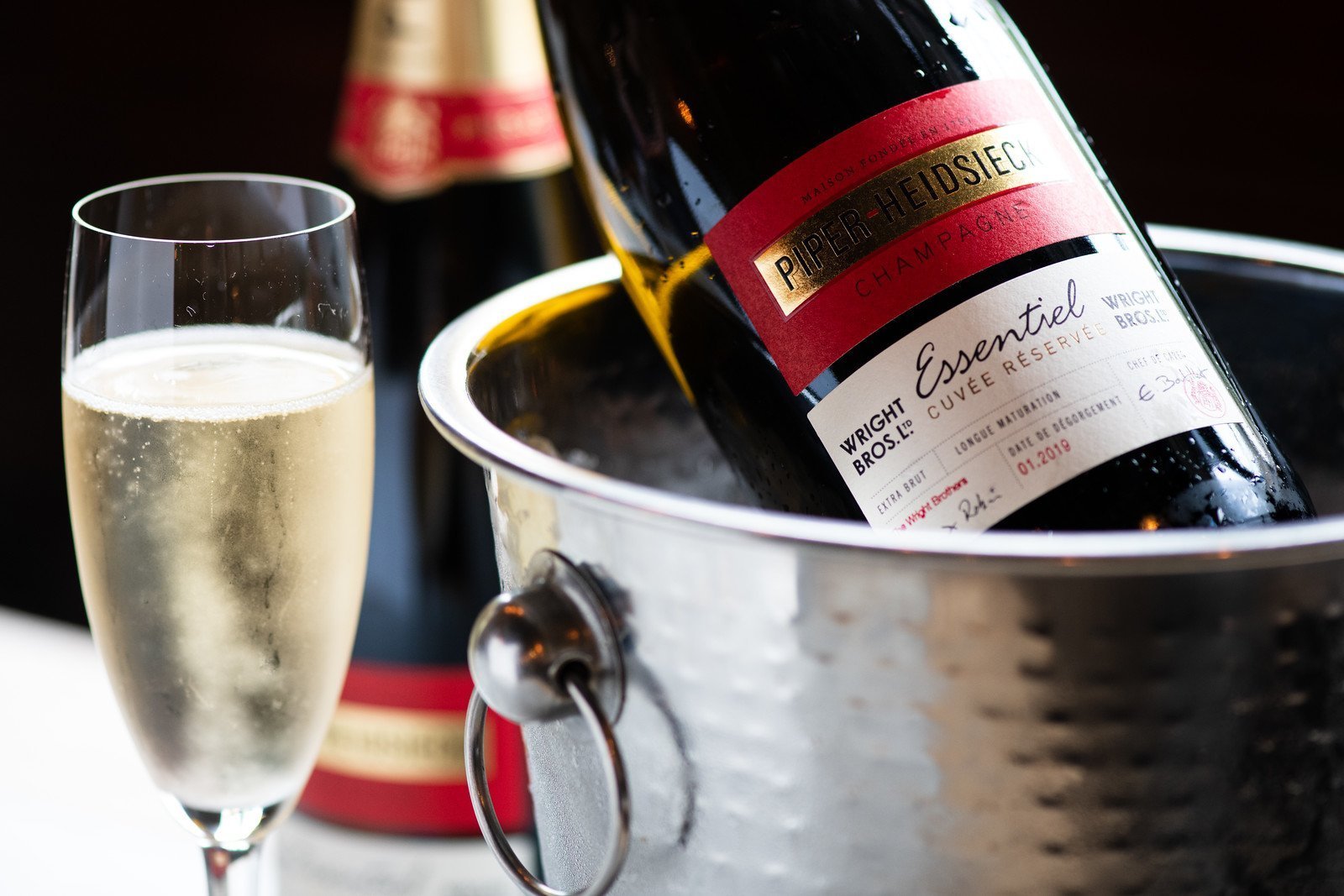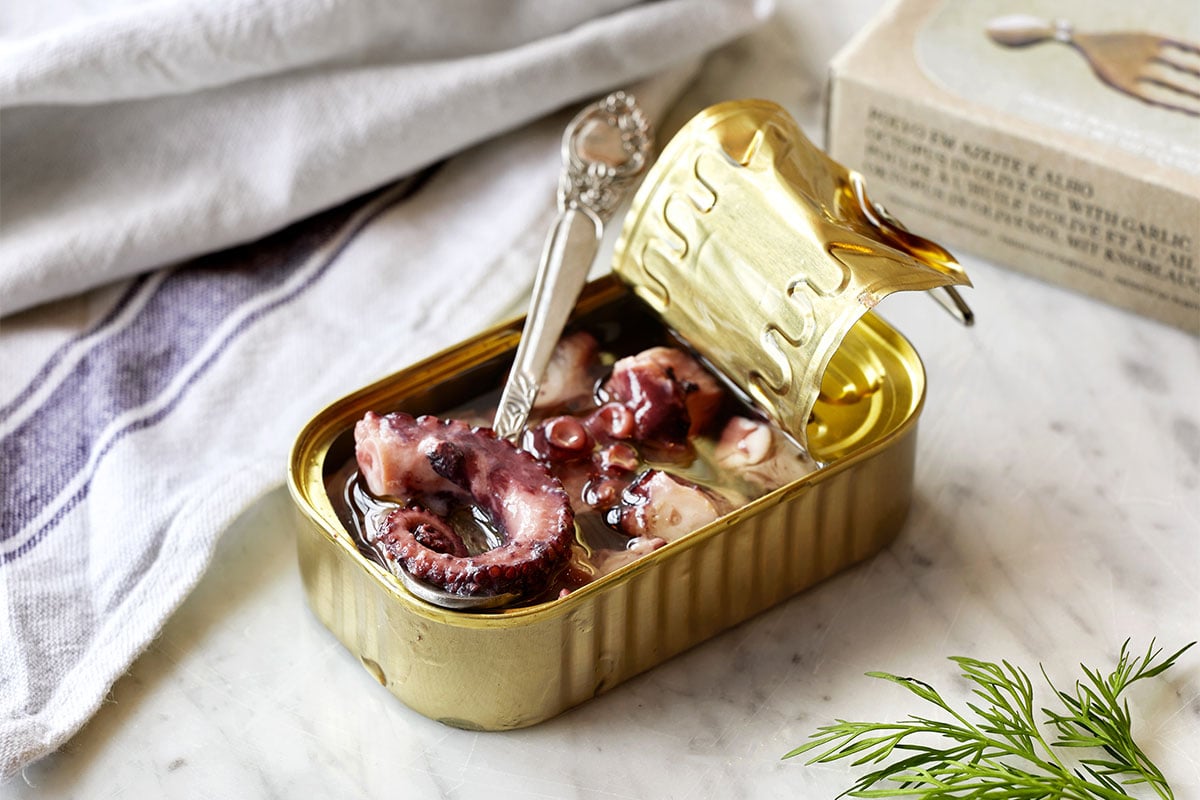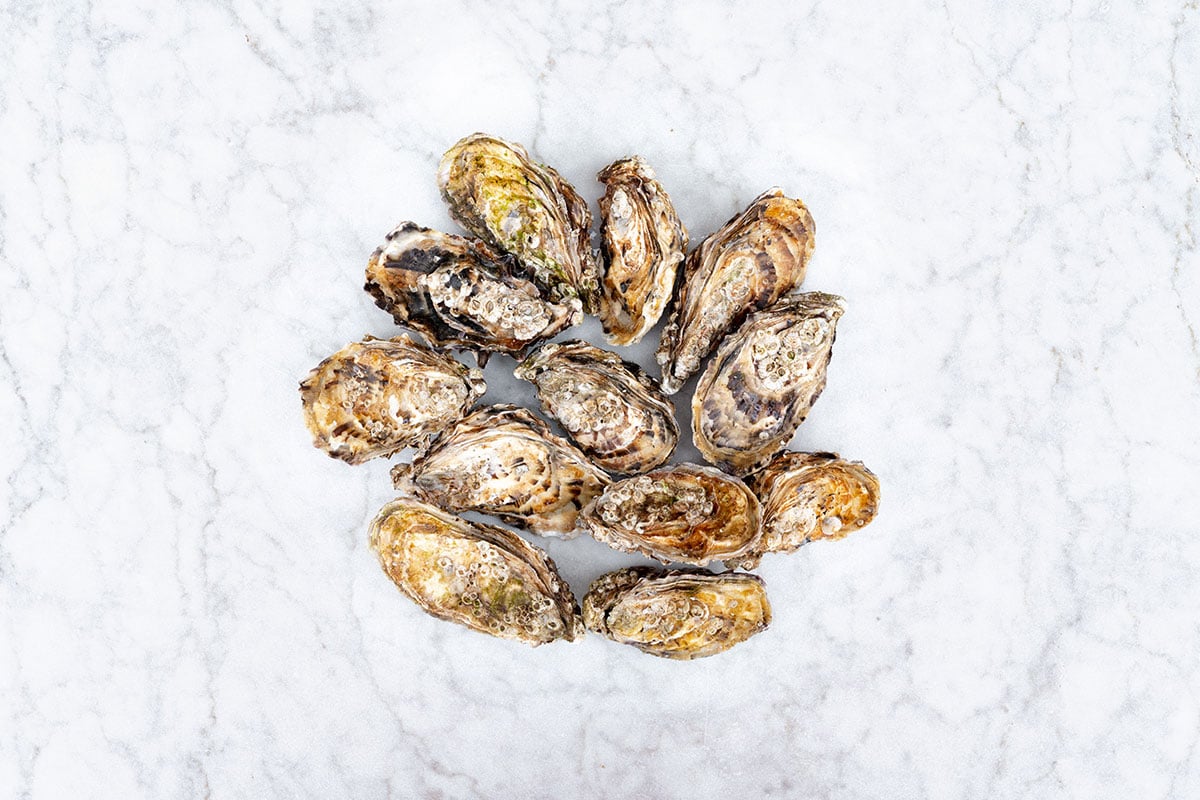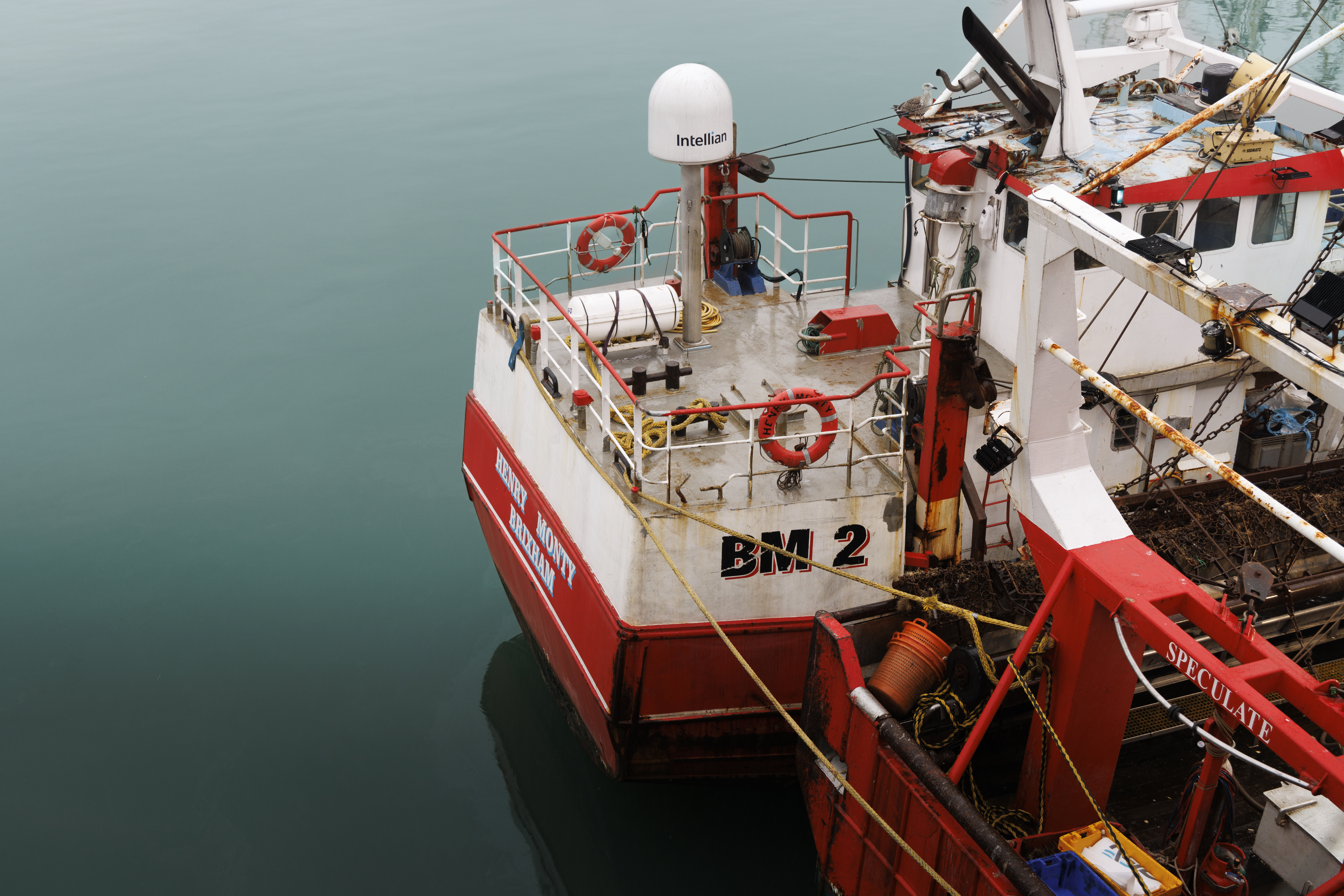
Brixham's maritime evolution
Brixham Harbour, with over 1,000 years of fishing heritage, has evolved from its medieval origins to become the birthplace of trawling. Today, it remains a leader in sustainable fishing, blending tradition with innovation to shape the future of the industry.
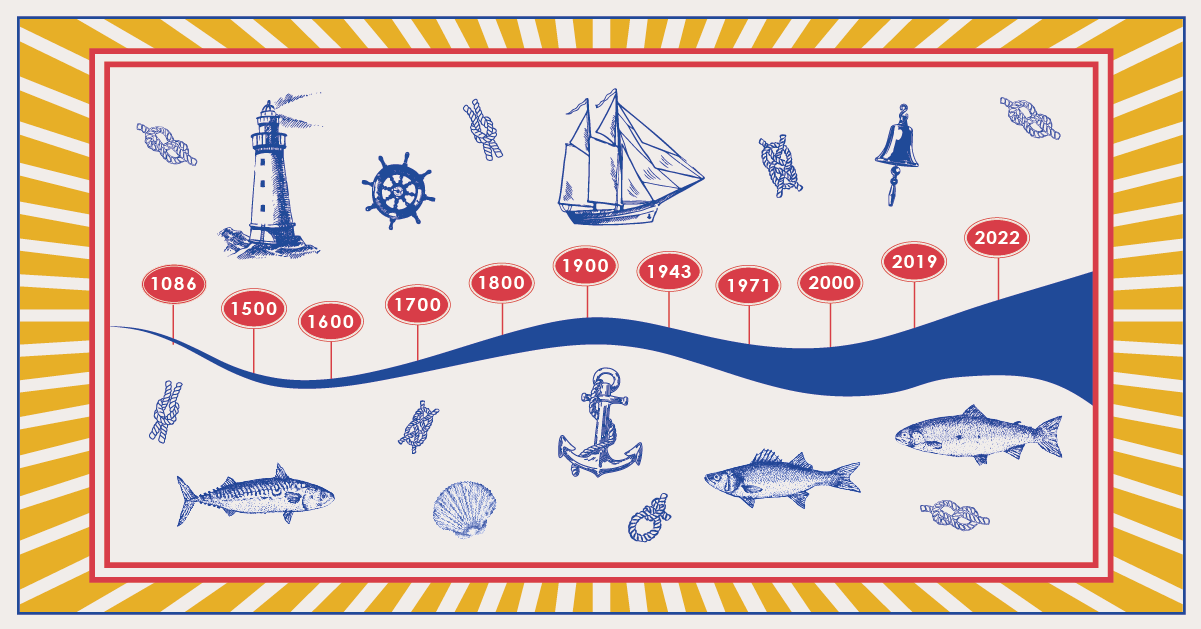
Situated on the South Devon coast, the iconic fishing port of Brixham has enjoyed 1000 years of commercial activity associated with fishing. With records dating back to the Domesday Book, Brixham over time, has adapted, innovated and pioneered the art of landing fish and shellfish and continues to do so, courting esteemed buyers from all over the UK and internationally, who bid for lots using the state of the art, online cloud based auction system.
The watchword at Brixham is quality. Fishermen who land there are assured of good service, good prices and efficient administration. The harbour and market run by Brixham Trawler Agents has impeccable industry standards and has raised the bar constantly, in terms of fish handling, grading and selling which have now become an industry bench mark. With over 40 different species being landed across a range of gear types and vessels, seasonally and sustainably.
Earliest landings at Brixham date back to the Mediaeval Period and records of pilchard and herring fishing and of curing and salting were part of an industry in the West Country that expanded hugely from 1500 onwards, when exports became a significant part of the country’s revenue.
The fisheries continued to expand and diversify through the 17th and 18th centuries with white fish becoming increasingly popular amongst the landings — especially plaice, turbot and sole, for which the market became duly recognised. The 1900s brought rail transport to the harbour which in turn, improved logistics, not just locally, but also into London and further afield, introducing new customers, reducing the transport time and when packed in ice, ensuring optimum freshness and shelf life of the fish and often destined for other markets such as Billingsgate for onward sale and distribution.
Trawling began in Brixham in earnest in the 1900s, firstly powered by sail, with over 270 vessels working out of the harbour making it the ‘birthplace’ of trawling, a method which has been redesigned, improved and modified over the centuries, resulting in the highly efficient, modern ‘beamers’ and netters that operate out of there today. By the beginning of the 20th century, Brixham was established as the largest English fishery and competing nationally with the likes of the other main British fishing ports, such as, Lowestoft, Grimsby, Aberdeen and Fleetwood.
Two world wars also had a profound effect on this tiny but increasingly important Devon fishing port. Aside from the obvious need for food security and feeding the nation — (fish and chips were not rationed during WWII), fishermen from Brixham became a hugely important part of the war effort, crewing minesweepers, merchant convoy vessels and armed trawler patrol boats often on the hunt for the elusive German U-boats and protecting our seaways.
From 1940 onwards, Brixham also hosted many foreign refugees who had fled from the occupied Low Countries and from 1943 onward the port infrastructure was heavily involved in the preparations for Operation Neptune (Overlord or D-Day) with the American 4th Infantry departing from the harbour for Utah Beach in Normandy.
Following the war and the demise of steam power, efficient new diesel engines again took the efficiency and productivity of the trawlers to new levels. Multiple species began to be targeted in a true mixed fishery which resulted in further market growth right through to 1971 when fleet outgrew the Inner Harbour and a new site was developed via reclamation and a new market and landing facility gradually took shape and grew steadily culminating in the construction of the current market facilities which were duly opened by Princess Anne in 2010.
Latterly the market has continued to innovate and evolve with the introduction of the Kosmos/ Aucxis cloud based, online clock auction in 2019, where our own Les Daniels was first to buy fish using the new platform. This was a another milestone for the market, as suddenly the auction was opened up to a whole new sector of international buyers which added considerable value to the landings and indeed the market revenue, which hit £60m gross, across over 40 different species in 2022, including the iconic cuttlefish or ‘Black Gold’ which continue to play such an important part in the market’s prosperity.
Since the pandemic year of 2020, Brixham Trawler Agents have expanded their operations widely to encompass more of the landings from around the South and East coast with their own transport collecting at all points from Hastings up to Lowestoft. This initiative in turns, supports many coastal communities that otherwise would not have access to the facilities and prices that Brixham can offer. It’s a strategy that continues to develop and lead the way in first sale fish in the UK.
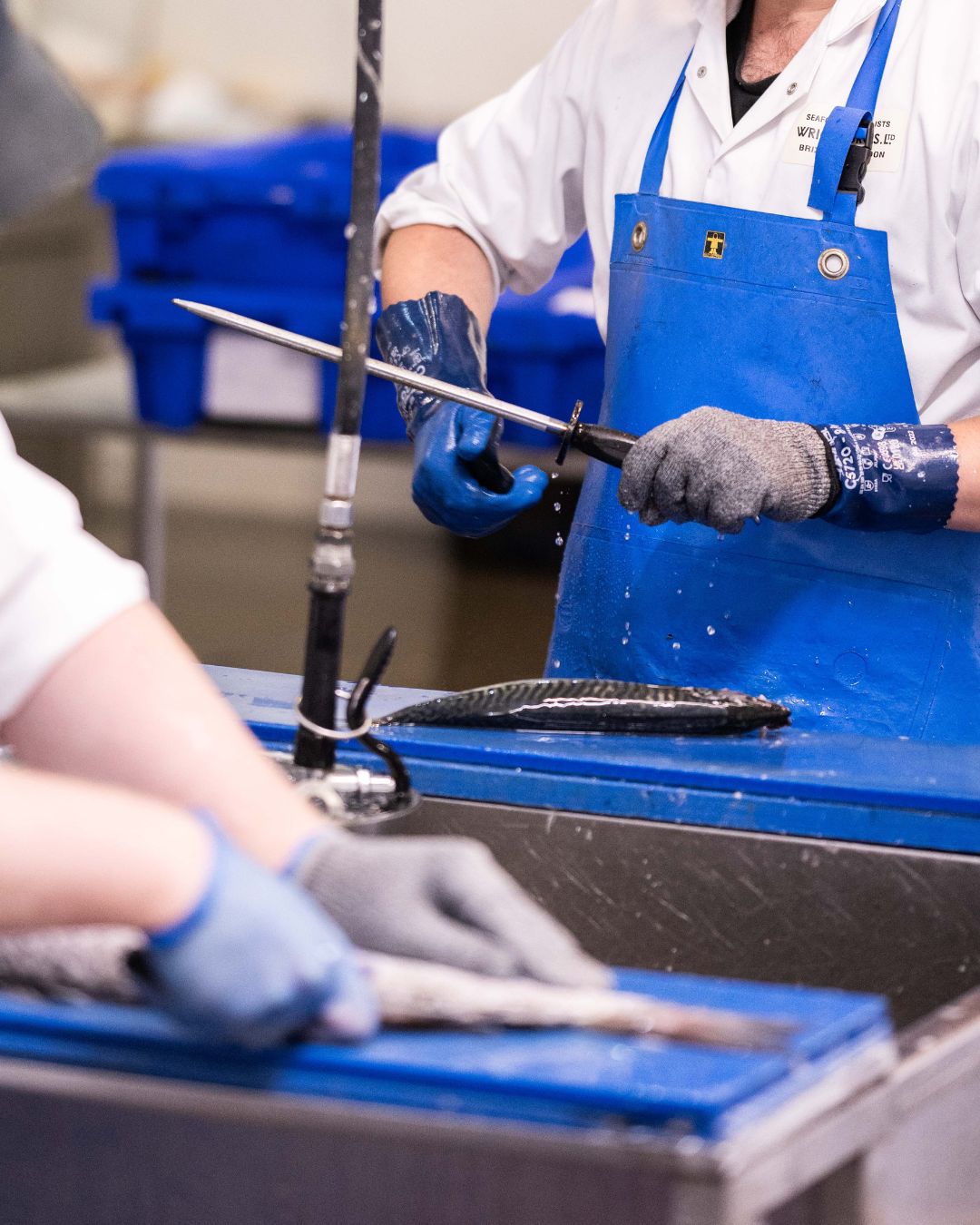
Wright Brothers in Brixham
Brixham, with its deep fishing heritage, is the ideal place for our depot. We’re proud to play a part in sustaining this thriving industry and delivering the fresh flavours of Brixham to your table - meet the team making it all possible on the Devon coast.
Meet the team
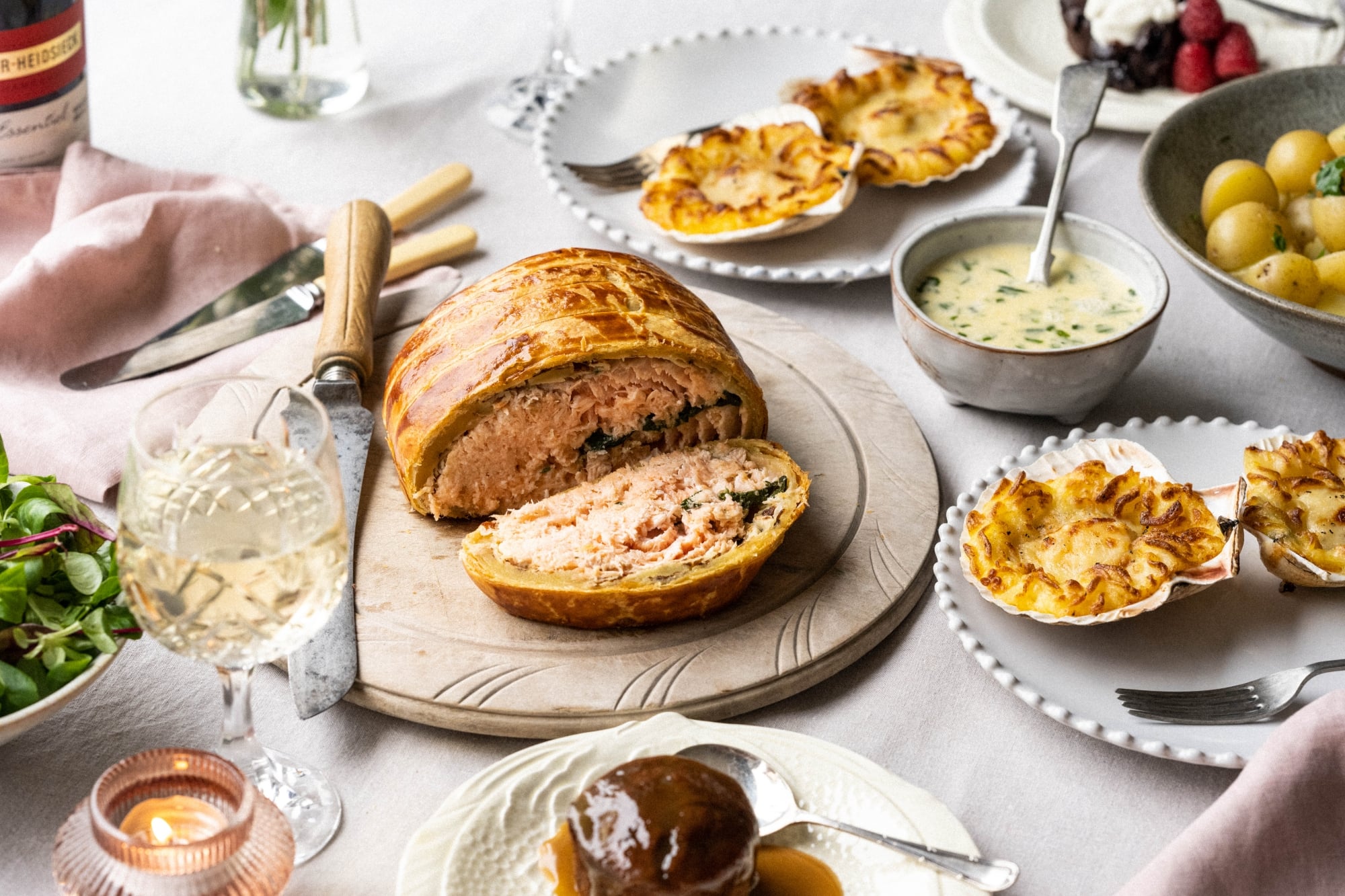
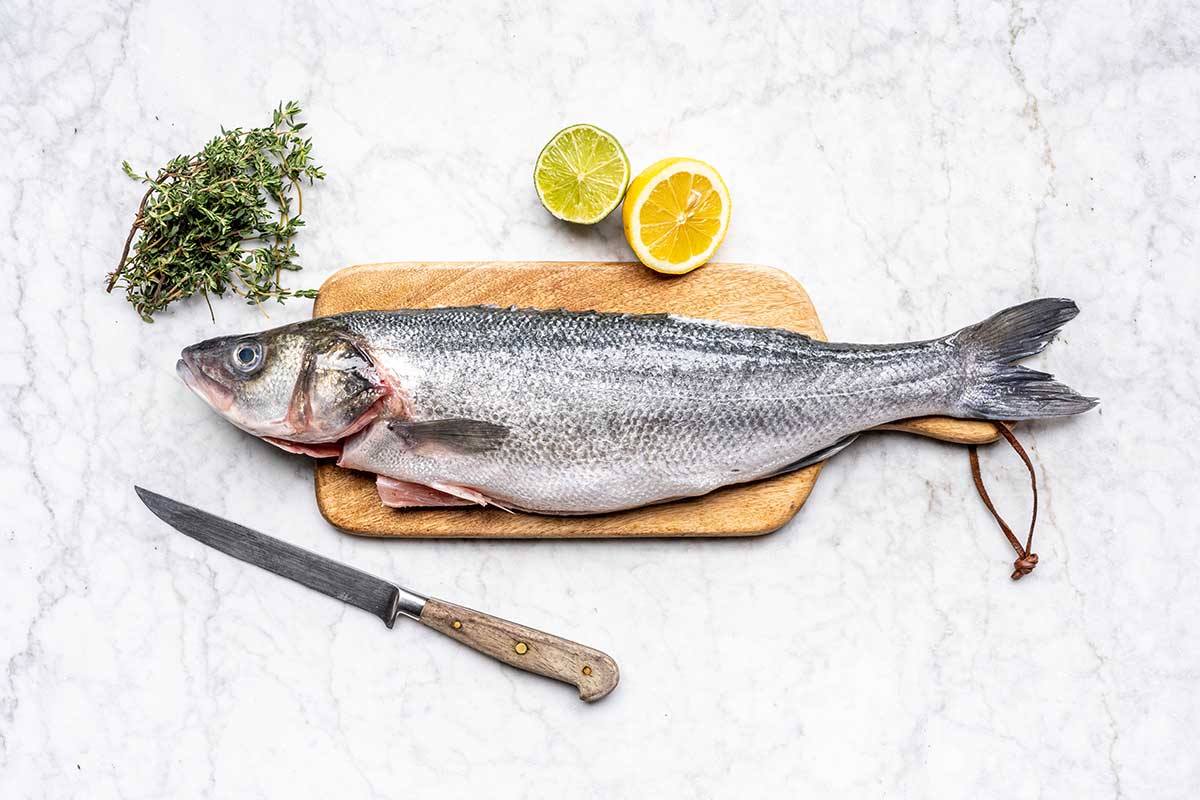
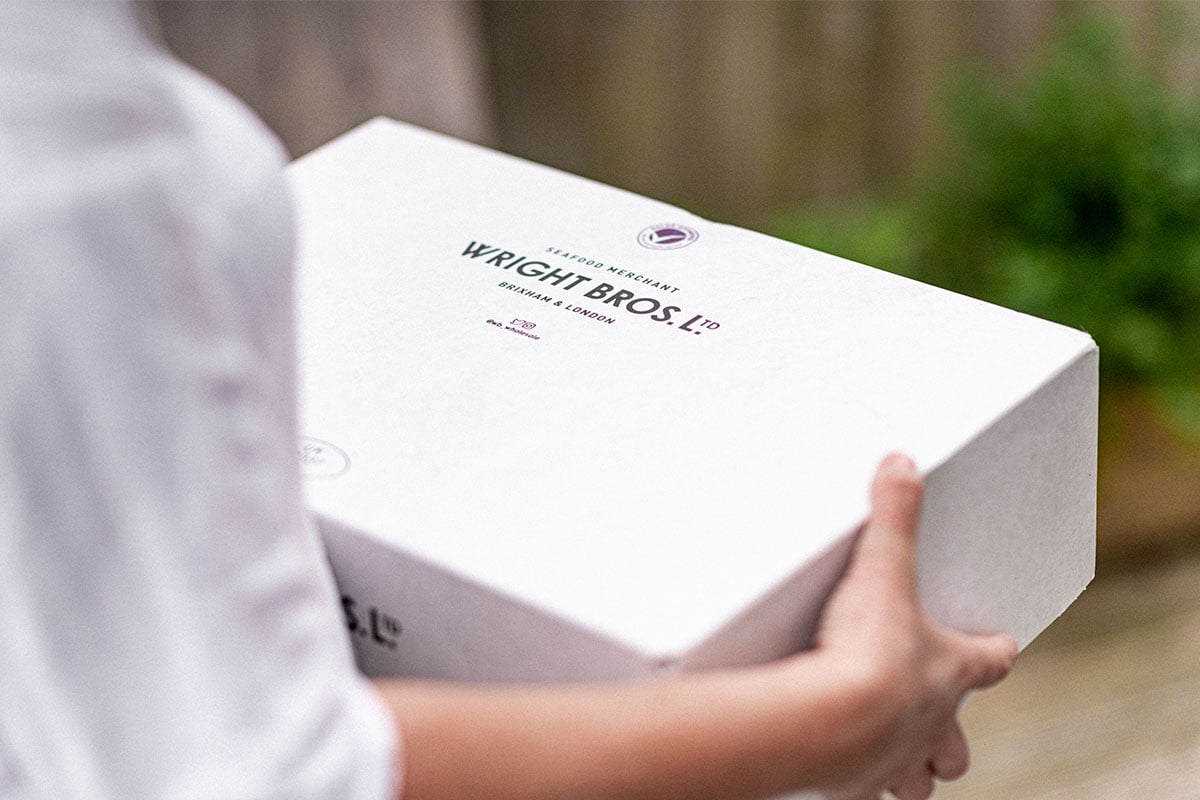
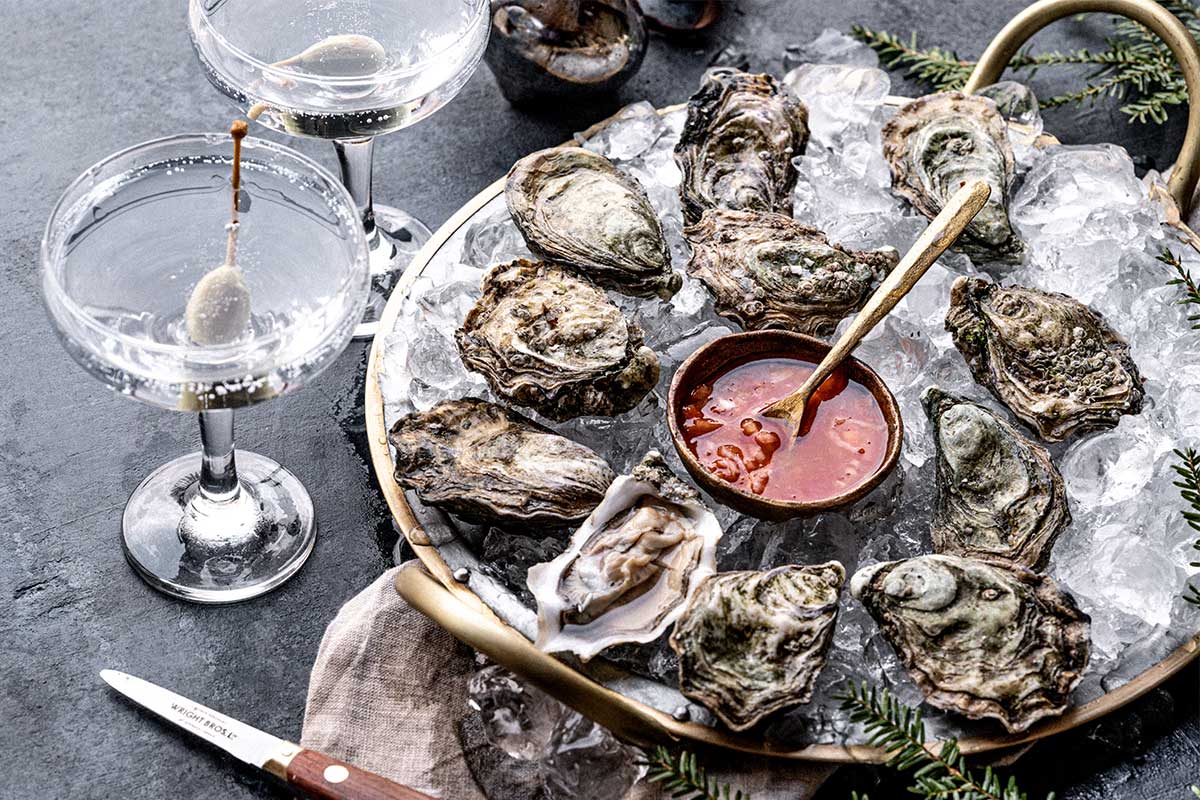


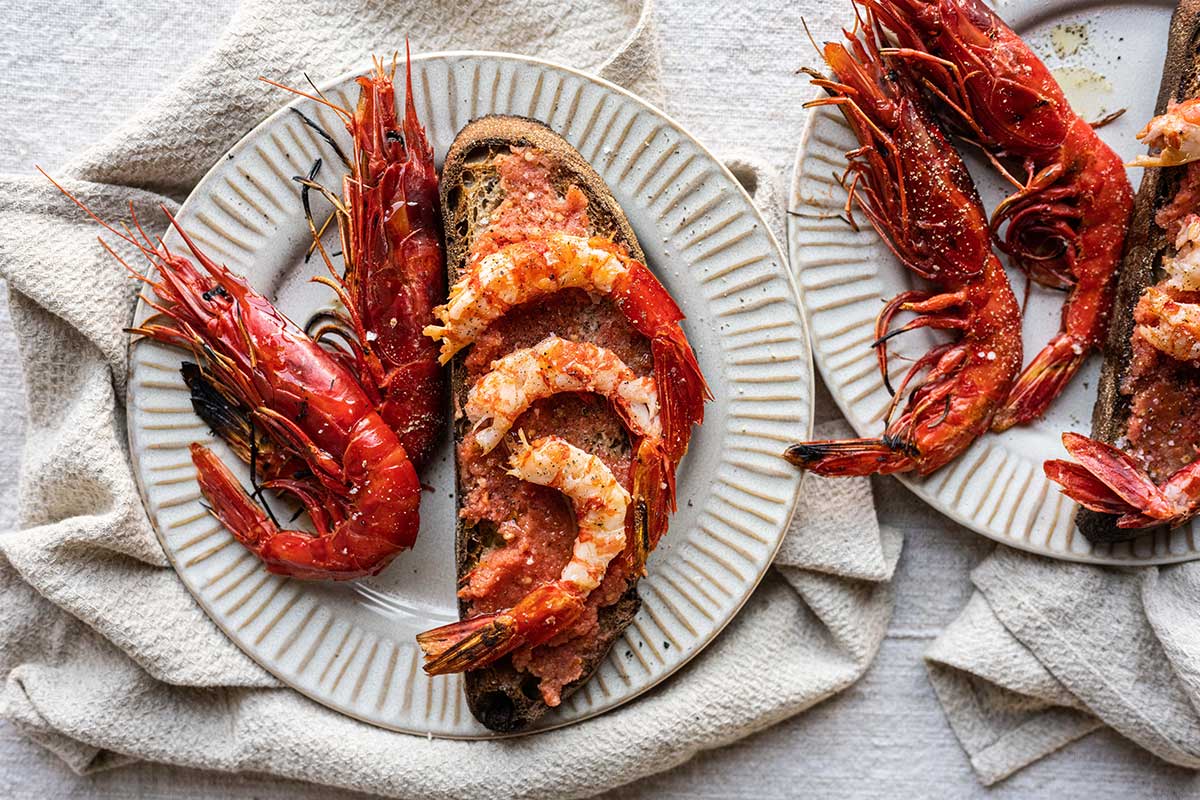
_1200x879.jpg?v=1641825424537&options=w_{width})
